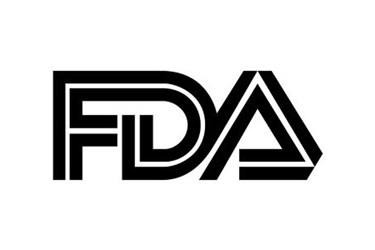Final Guidance Cuts Pre-Decisional IDE Review Process
By Nick Otto

The FDA’s recent final guidance encourages device makers to perform clinical studies using the agency’s Investigational Device Exemption (IDE) regulations, but nixes a proposed program aimed at speeding the clinical assessment process.
According to the guidance, in order “to promote timely initiation of subject enrollment in clinical investigations in a manner that protects study subjects, FDA has developed methods to allow a clinical investigation of a device to begin under certain circumstances, even when outstanding issues remain regarding the IDE submission.”
The new process was created under the 2012 Food and Drug Administration Safety and Innovation Act (FDASIA), which required that FDA not disapprove an IDE if any of the three following conditions are met:
According to FDASIA, IDEs may not be rejected because:
- The clinical trial may not support a substantial equivalence or de novo classification decision or classification determination or approval of the device.
- The trial may not meet a requirement, including a data requirement, relating to the approval or clearance of the device.
- An additional or different investigation may be necessary to support clearance or approval of the device.
“In other words,” the Regulatory Affairs Professionals Society says, “many of the conditions set under FDASIA are intended to allow FDA to approve trials that might be imperfect in their scope, but not inherently flawed.”
However, the FDA says it received several comments with concerns of communicating potential issues to device makers. Because the agency can’t necessarily reject IDE applications due to FDASIA, manufacturers still need to be aware of any concerns that may preclude a device from eventually being approved.
Thus, the guidance notes, the FDA will communicate study design considerations separate from its decision letters, citing the potential for sponsors to become confused.
As an example, RAPS uses the agency’s “Future Considerations” letters, “which are intended to outline things FDA believes should be done prior to a future marketing application.” Those letters will be communicated to sponsors as a letter separate from the decision letter.
In a significant change from the draft, the final guidance drops a proposed process to allow device manufacturers to engage with the FDA in the development of trial designs that may support a marketing approval or clearance.
The voluntary proposal, known as the “pre-decisional IDE process,” aimed to satisfy a sponsor’s potential interest in knowing whether a clinical trial would support a marketing application.
RAPS says the FDA received a number of concerning comments that the process would be too taxing on the agency’s resources and time.
